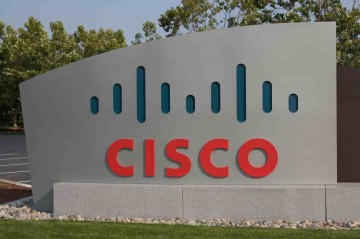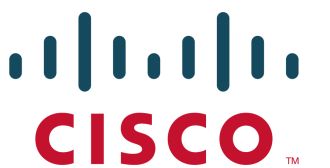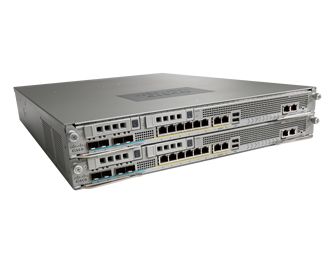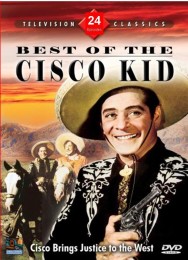 The Fruity Cargo Cult Apple is trying to get businesses to buy its shiny toys and has signed a deal with Cisco to make it happen.
The Fruity Cargo Cult Apple is trying to get businesses to buy its shiny toys and has signed a deal with Cisco to make it happen.
Apple already has a deal with IBM, which was supposed to get its sales teams a foot in the door in a market which traditionally looks for value and function over style. However that arrangement has not produced the sort of sales that Apple had hoped.
Jobs’ Mob has finally realised that after years of having comedy networking technology, it needs to get something a little better to connect its shiny toys, before businesses will take it seriously.
The deal will see Apple and Cisco working together to make the mobile gadgets work better on corporate computer networks running on Cisco gear.
Apple hopes that this will encourage businesses, which traditionally have steered toward BlackBerry and Microsoft devices, to spend a fortune buying Apple when they could get something cheaper.
Cisco said that an employee in the office using an iPhone to video-conference a colleague abroad automatically would get a faster internet connection than someone streaming a game on ESPN.com.
Someone who has most of his contacts on an iPhone will be able to access the same phone book from landlines. And several Cisco apps, such as the collaboration tool Spark, will run smoother on Apple devices.
Cisco Chief Executive Chuck Robbins said in a blog post said that what makes this new partnership unique is that our engineering teams are innovating together to build joint solutions that our sales teams and partners will take jointly to our customers.
It is a turnaround from Cisco. Cisco and Apple had fought over the “iPhone” trademark before agreeing to its joint use.
Apple hopes that more businesses will turn to iPads, just as tablet sales are dropping in favour of bigger smartphones.
















